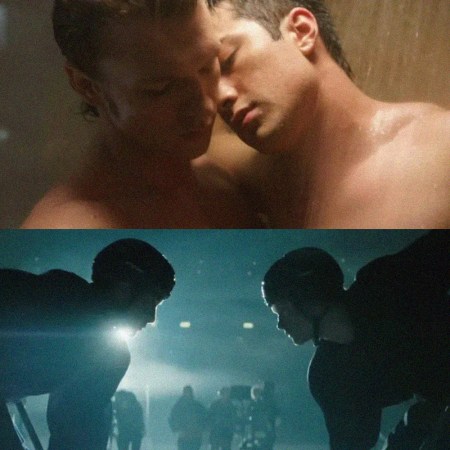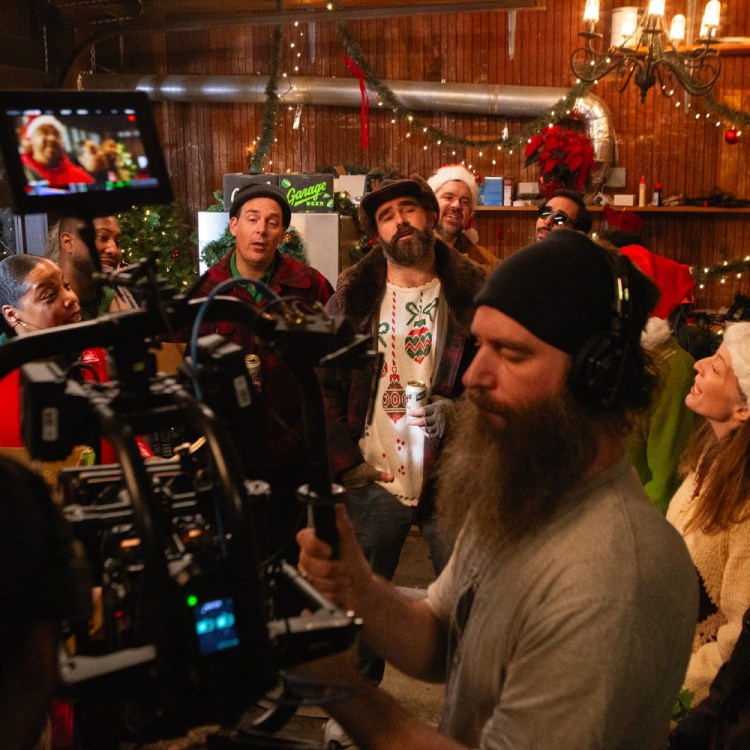Philosophers from Rust Cohle to Pink Floyd have famously mused on the very nature of time, and found a receptive audience while doing so. It’s not hard to see why — time is, after all, something that can frustrate nearly all of us, even as we acknowledge its inevitability. Time still offers plenty of mysteries to the poet and the scientist alike, though a new study might reveal previously-unknown details about its very nature.
This information comes via a new article by Caroline Delbert in Popular Mechanics. At the center of this research is Dr. Joan Vaccaro, an Australian physicist who has written about the “quantum theory of time.” As Delbert describes it, “Vaccaro believes entropy might result from time, not the other way around.”
Now, an experiment is being held at the Open Pool Australian Lightwater reactor, which will involve atomic clocks being positioned at different points throughout the reactor. The atomic clocks will remain there for 6 months. The question at hand is whether neutrinos created in the reactor have any effect on the passage of time.
What could this mean? A disparity between the clocks’ readings could show that neutrinos can, in fact, impact time itself — and would support Dr. Vaccaro’s theory. It’s heady stuff, to be sure, but it’s also something that might offer a better sense of how the universe functions.
Subscribe here for our free daily newsletter.
Thanks for reading InsideHook. Sign up for our daily newsletter and be in the know.
















